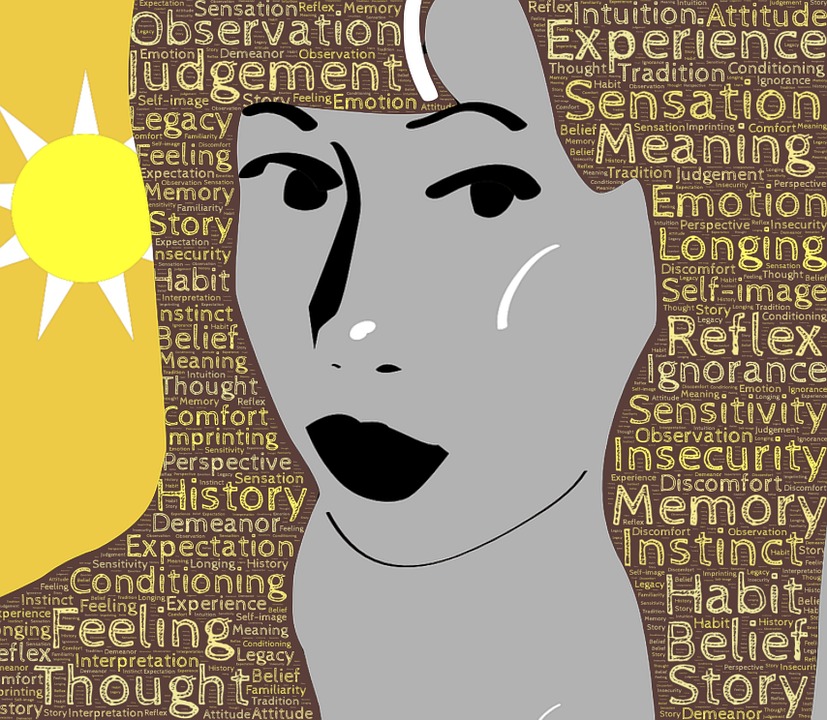Purpose:
While we investigate issues related to multicultural education, we must come to understand how our own perspectives have been socially constructed over time. People are not born with biases or prejudices – rather, these opinions and judgments are constructed by both explicit and hidden messages in our environment. Life experiences with our families, communities, schools, and media all shape us as cultural beings. The purpose of this assignment is for the student to use writing as a vehicle to synthesize his or her own thinking and growth.
- Culture refers to the cumulative deposit of knowledge, experience, beliefs, values, attitudes, meanings, hierarchies, religion, notions of time, roles, spatial relations, concepts of the universe, and material objects and possessions acquired by a group of people in the course of generations through individual and group striving.
- Culture is the systems of knowledge shared by a relatively large group of people.
- Culture in its broadest sense is cultivated behavior; that is the totality of a person’s learned, accumulated experience, which is socially transmitted, or more briefly, behavior through social learning.
- Culture is a collective programming of the mind that distinguishes the members of one group or category of people from another.
(Choudhury, faculty, Texas A&M University)
For this essay, you should present your cultural identity and analyze your knowledge and beliefs about multicultural issues and topics. Through one coherent narrative, or several shorter, focused stories, readers should gain insight into the beliefs and socialization that resulted in your cultural identities.
Part 1: Cultural Identity
- Traditions and Customs (language, holidays, meals, religious activities, marriage, birth, death etc.)
- Heritage (immigration, migration, homesteading, genealogy, family “traits,” oral tradition, socio-economic class)
- Beliefs and Attitudes (spiritual, political, social/independent, traditional, progressive, mainstream, minority, societal norms, race, gender, class, sexual orientation, age, (dis)ability, values, beliefs, goals regarding success/failure in life)
Part 2: My View of “Others”
- What generalized experiences have you had with people who are different from yourself? What did these experiences teach you about people who are different from you? What messages have you heard or assumed about people who are different from you?
- Recount an incident that you had with an individual different than yourself in some significant way (race, ethnicity, language, class, gender, religion, sexual orientation, [dis]ability) that stands out in your mind. This can be either a positive or negative experience. Why is this experience memorable? What effect has this experience had on your view of “others”?
Please submit final draft in APA format on Bb. Due: June 20 at 8:30 a.m.
| Element | Criteria | Score |
| Cultural Identity | Thorough and insightful discussion of forces shaping cultural identity. Goes beyond the “surface culture” and gets to deeper attitudes and beliefs.
2-3 pages |
/40 |
| My View of “Others” | Insightful expression and thorough understanding of generalized and specific experiences with “difference”.
2-3 pages |
/40 |
| Writing Elements
(spelling, grammar, organization, style, and voice) |
Writing is error-free, or close to error free and is easy to read; lively and interesting; organized; professional language. | /20 |
| Total Points | /100 |
Image source: Identity – free images on Pixabay, https://pixabay.com/static/uploads/photo/2015/03/21/17/15/identity-683963_960_720.jpg
